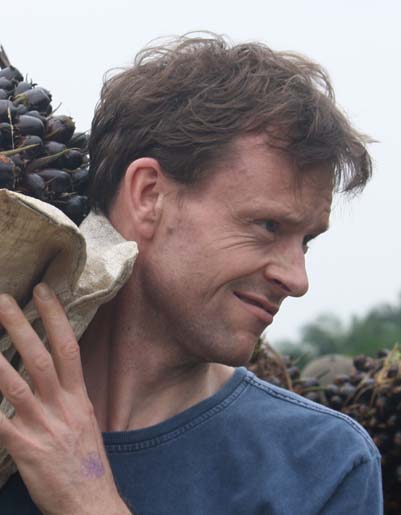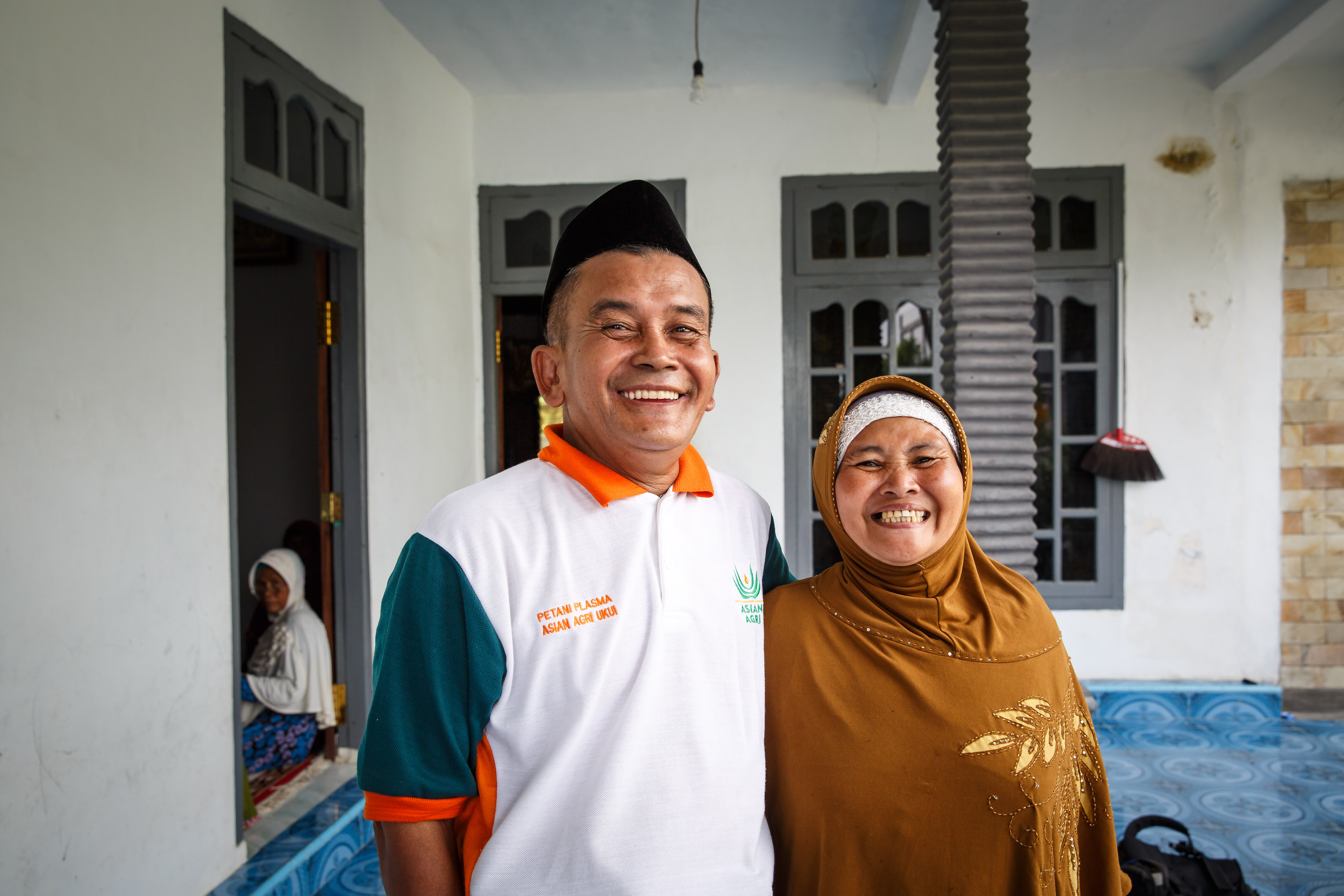JOHAN VERBURG - OXFAM NOVIB
Can you tell us more about your role at Oxfam Novib, and participation in RSPO working groups?
I act as a strategic advisor on inclusive value chains and multi-stakeholder partnerships at Oxfam Novib. As part of my role, I engage the agribusiness and financial sector on responsible investment and sustainable sourcing, whilst addressing causes of poverty within palm oil and other key commodity producing regions.
I also co-chair the Smallholder Interim Group (SHIG), which was developed to address the need for greater inclusion of smallholders into the RSPO system. As a result, this is now being achieved through the development of a simplified standard for independent smallholders.
You're moderating the 'Simplification of Smallholder Certification - Myth or Reality?' plenary, what are the key points that need addressing by the panel?
I'd like to see panellists discuss how getting independent smallholders on board requires a different system to the current model. Achieving this will require active support from RSPO, mills and markets.
It is a constant balancing act between high levels of inclusion and robustness of the criteria, verification and certification. It is my belief that RSPO should become realistic for the many, not a mythical dream for the few.
What does the new Smallholder Standard mean for smallholders' realities on the ground?
The new standard will mean smallholders on the ground will be able to access support from the beginning of their journey toward RSPO certification – not just some uncertain premium at the end of a long process.
These support services will help smallholders achieve compliance with RSPO standards, whilst at the same time improving business practices and productivity - leading to better livelihoods for themselves and their families.
However, achieving certification isn't a smallholder's primary objective – you can't eat certificates. To feed their families smallholders also need to gain clear socio-economic benefits from our systems.
What role can platforms like the RSPO Smallholder Engagement Platform play in making markets more inclusive and driving forward sustainability?
Markets have high expectations toward environmental and labour practices. Subsequently, these same markets do not want to be blamed for excluding the millions of small producers who are unable to meet what are, quite often, impossible demands due to lack of access to training and support.
Increasingly buyers and investors realise they should and can directly engage with smallholder groups to help them benefit from sustainability changes, rather than letting this responsibility fall to mills, NGOs or governments. The RSPO Smallholder Engagement Platform is a tool that connects market players with smallholder groups across the globe to help them achieve such outcomes.
For smallholders especially, we must move on from focussing on the negative, such as no use of fire, no child labour and no conflicts. The sectors' buyers, traders, investors and growers have overwhelmingly adopted overarching commitments to No deforestation, No peat, No exploitation. These are now well-known as NDPE but I call them the "Triple-No" and ask them instead, what is your "Yes-Please"?
It is clear what growers, including smallholders, should not do but it is less clear what they should do instead and how support services, easy checkpoints and incentives will help them make NDPE a reality.




